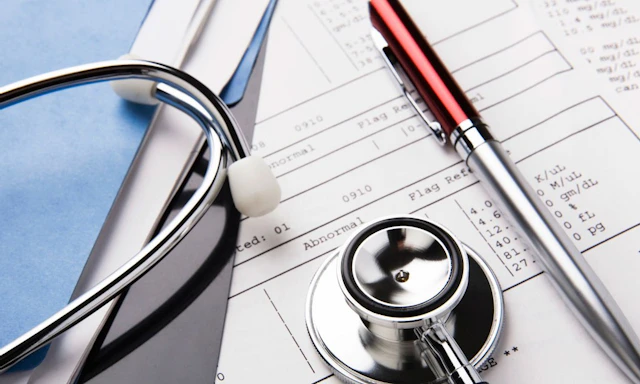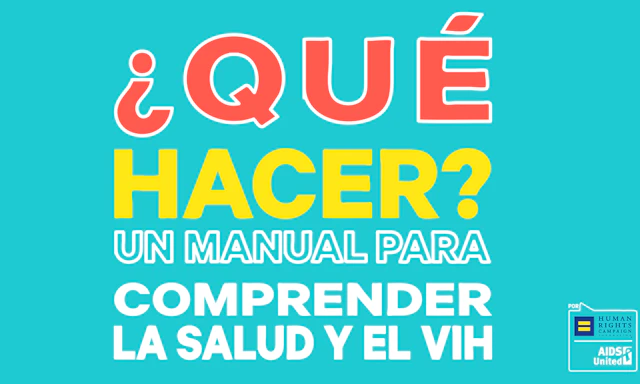
Cookies in use
Is PEP Right for Me?

PEP is short for Post-Exposure Prophylaxis. It is an HIV prevention strategy that involves taking HIV medications immediately after a single high-risk event.
What is PEP?
PEP stands for Post-Exposure Prophylaxis. It is an HIV prevention strategy that involves taking HIV medications immediately after a single high-risk event, such as condomless sex with a partner whose HIV status you do not know.
How does PEP work?
It takes a few days for HIV to become established in the body following exposure. When taken as prescribed, PEP block the virus from making copies of itself and spreading throughout the body.
When should I start PEP?
PEP must be started as soon as possible in order to be effective, but no more than 72 hours after you may have been exposed to HIV. Two to three drugs are usually prescribed as part of a PEP regimen, and they must be taken as prescribed for 28 consecutive days.
How effective is PEP?
While PEP has been shown to work, it is not 100 percent effective. Taking it does not guarantee that someone exposed to HIV will not acquire the virus.
How can I access PEP?
Any licensed healthcare provider can prescribe PEP. Some of the places you can seek PEP include doctors’ offices, emergency rooms, urgent care or local HIV clinics, as well as community-based organizations.
Is PEP right for me?
Only a medical provider can help you answer that question for sure. PEP is for anyone who may have been very recently exposed to HIV.
Can I use PEP multiple times?
If you find yourself needing PEP more than once, you should consider talking to a knowledgeable healthcare provider about PrEP.
How else can I stay HIV-negative?
There are several steps you can take to reduce the chances of contracting HIV, including:
- Use Condoms. Find the right size and choose a type of condom you like.
- Use Lube. Use water-based or silicone-based lubricant – particularly for anal or vaginal sex – to prevent tears in the skin and to keep condoms from breaking.
- Get Tested. It’s the only way to know if you or a partner has HIV.
- Test and Treat STIs. Having an active STI, or even a history of certain STIs, can make it easier to acquire or transmit HIV.
- Talk to Your Partners. Ask sexual partners about the last time they got tested for HIV and other STIs. Consider getting tested together.
- Date Undetectable. By consistently taking their medication, people living with HIV are able to lower the amount of HIV in their bodies to undetectable levels. While undetectable, a person living with HIV remains in good health, and it is virtually impossible for them to transmit the virus to a partner. Prevention options (e.g., condoms, PrEP) exist for those in relationships where one partner is not yet undetectable..
- Be mindful of drug and alcohol use. Substance use can increase your chances of acquiring HIV directly and indirectly, depending on the circumstances.
- Change Syringes. If you inject hormones, drugs or steroids, use a new, clean syringe and other injection equipment every time.
- Consider PrEP. PrEP is an HIV prevention strategy that can be taken every day to significantly reduce the likelihood of acquiring HIV.
Where Can I Learn More about PEP?
This resource is not a substitute for sound medical advice — and the examples throughout it don’t cover every situation! We encourage you to seek out additional resources from other community advocates and, most importantly, talk to a knowledgeable healthcare provider before making any medical decisions.
Last Updated: February 2017
Embrace Your Sexuality
We're building a generation free of HIV and stigma. Embrace sex positivity with My Body, My Health campaign. Are you in?
Love conquers hate.


